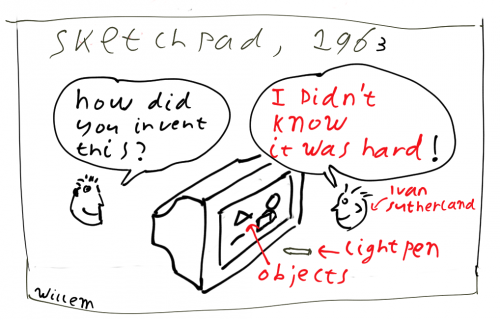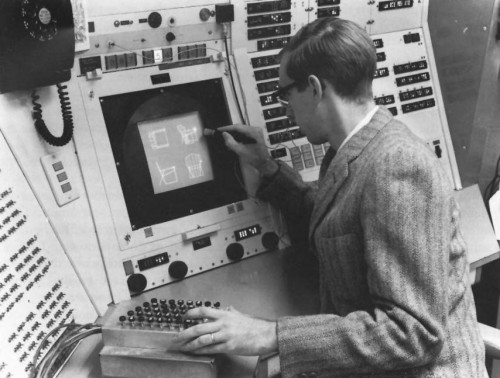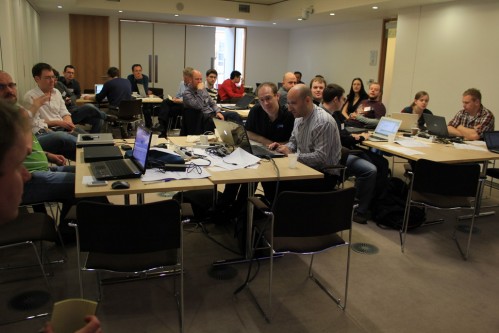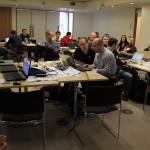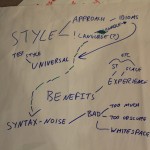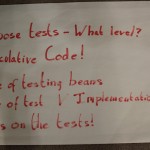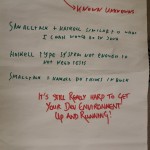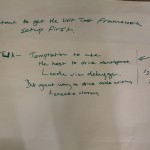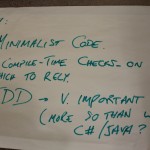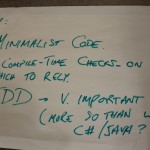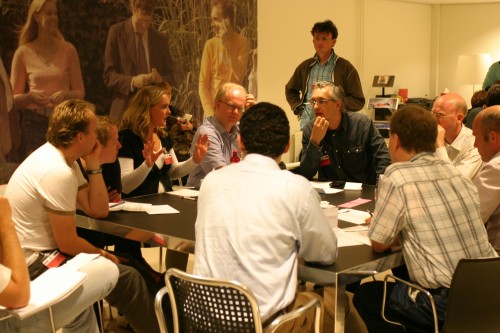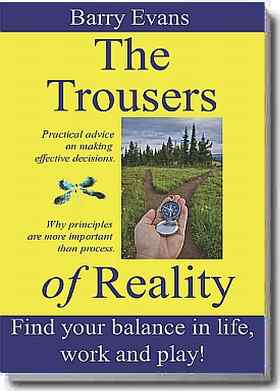Lets assume they all work – fall conferences
October 6th, 2010I saw this tweet by Alan Shalloway the other day, it went like this*
“Scrum, XP, Kanban, XP, lets’ assume they all work”.
This describes the conferences I’m attending this fall and the sessions I’m running reasonably well. I’m even assuming Java works, which seems to be more and more of a stretch for the near future ![]() .
.
What have I been up to so far? The Belgian Lean and Kanban conference a few weeks ago attracted quite a lot of people new to agile and lean software development. Rob Westgeest and yours truly also presented at a private conference for the dutch tax authorities, we never ex pected to have a room packed with over 120 people for an extreme extreme (duplication intentional. TDD as if you really meant it is an exercise we learnt from Keith Braithwaite) test driven development demonstration. The agilecomes to you vendor event at which I did some systems thinking was also a lot of fun; the panel discussion afterwards prepared with focused questionnaire by Jeffrey Fredrick and colleagues was very effective – the audience shared a few concerns, so we could answer a couple of questions in depth. For instance, several people were wondering about writing down requirements (they wondered about the how, the presenters wondered about the why ![]() ), and their angles were different: some wanted to know how to combine working with stories and iterations with medium term strategy, while others were concerned with demands for documentation from the organisation. Which of course led to a couple of why questions from the panelists
), and their angles were different: some wanted to know how to combine working with stories and iterations with medium term strategy, while others were concerned with demands for documentation from the organisation. Which of course led to a couple of why questions from the panelists ![]() .
.
It’s fun to see crowds gathering for things I’ve cared about for a couple of years, and it is even better to see extremists of various sorts look over their fences and see what we have in common again, like in the ‘good old days’ of the agile manifesto. at, just in case you are wondering what I’m doing at the scrum gathering Amsterdam, November 15-17 – this will be the first scrum gathering I’ll attend, thanks to the invitation by Tobias Mayer and Gerry Kirk to host a ‘deep dive’ into extreme programming practices that complement scrum (and kanban) well. This gathering will also feature a Kanban deep dive. On the other extreme, I’ll be attending the software craftsmanship conference in Bletchley Park tomorrow; besides focusing on people and process really getting to know your tools and techniques to actually build stuff also works.
Agile Cambridge (next week October 14, 15) – User story mapping & dimensional planning with Marc Evers on Friday
One thing I can’t get to next week, but also highly recommended: devopsdays in Hamburg, friday and saturday. Conference for developers and systems administrators interested in creating flow between software development and deployment.
JFall – Testing Asynchronous Behaviour – Wednesday 3 November
Citcon Europe, London – Open Space. This year I’m interested in continuous deployment. (hmm. I’m not doing a session on Kanban anywhere yet, this might be a good spot ![]() )
)
XP Days Benelux – Forces that shape your software – notes on the synthesis of form revisited with Marc Evers, Fearless Change with Linda van der Pal (session based on a format by Linda Rising, with permission).
XP Days London, Monday, Tuesday, November 29, 30. Open space.
I hope to see you there!
* can’t find the exact tweet at the moment.
